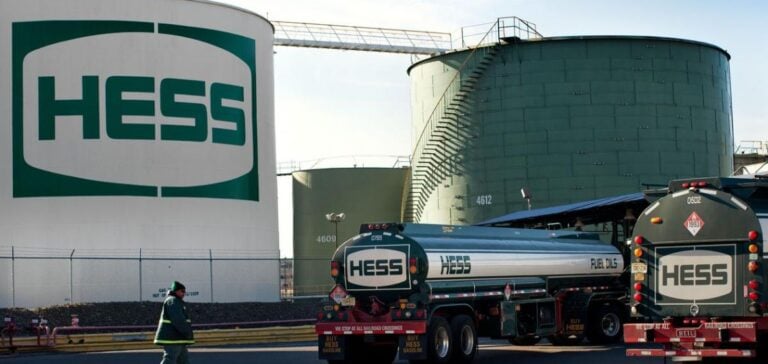American oil giant Chevron announced its intent to acquire Hess Corporation for $53 billion in October 2023. However, the process has been stalled due to a dispute over preemptive rights and contractual issues raised by ExxonMobil, a direct competitor of Chevron.
During the Goldman Sachs Global Energy, Clean Technologies & Utilities Conference held on January 7 and 8, 2025, John Hess, CEO of Hess Corporation, expressed optimism regarding the completion of the project. “We are confident that the merger will happen, and we are preparing for it,” he stated, while emphasizing that a pivotal arbitration decision is expected in September.
This decision could pave the way for a transaction with significant economic implications. If successful, Chevron forecasts an increase of $6 to $8 billion in its free cash flow by next year, along with a considerable reduction in operational costs.
Legal Context and Commercial Implications
The legal dispute, while complex, underscores a major commercial battle between two giants of the American oil industry. ExxonMobil, which contests the agreement, aims to maintain its dominant position in the oil and gas market, while Chevron views the acquisition of Hess as a strategic opportunity to catch up to, or even surpass, its competitor.
Chevron is particularly interested in Hess’s portfolio of assets in hydrocarbon-rich but underexplored areas, particularly in Africa. This continent represents a central pillar in Chevron’s expansion strategy as oil majors strive to diversify their reserves to ensure future competitiveness.
A Global Impact to Watch
The outcome of this acquisition could significantly influence the global oil industry. If Chevron succeeds, it would strengthen its position not only in the North American market but also on the international stage, particularly in Africa. Chevron’s potential investments in underexplored regions could boost local economies and create new opportunities in the energy sector.
Until the September decision, the industry remains attentive to the developments surrounding this transaction. The Chevron-ExxonMobil rivalry highlights the strategic stakes faced by major oil companies in a rapidly transforming sector.






















